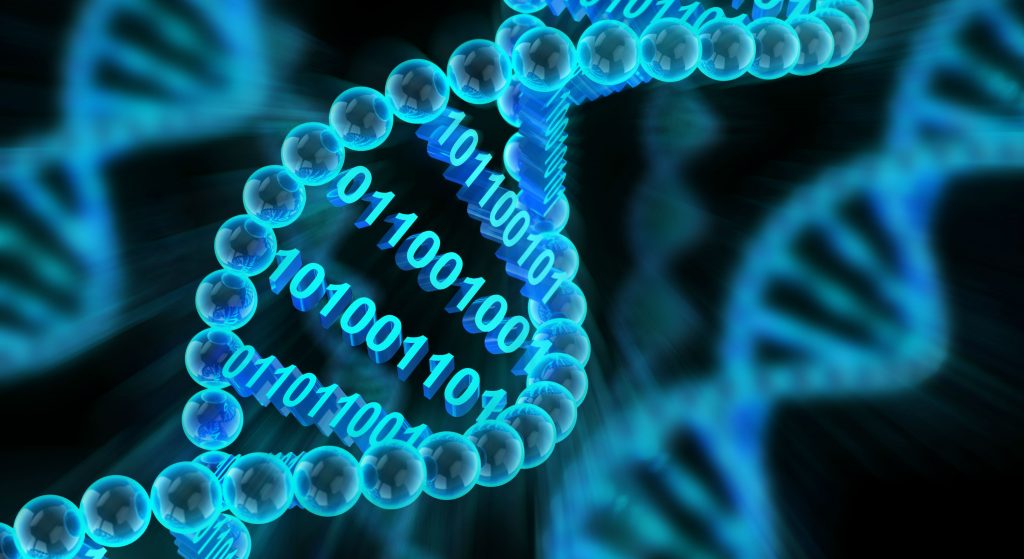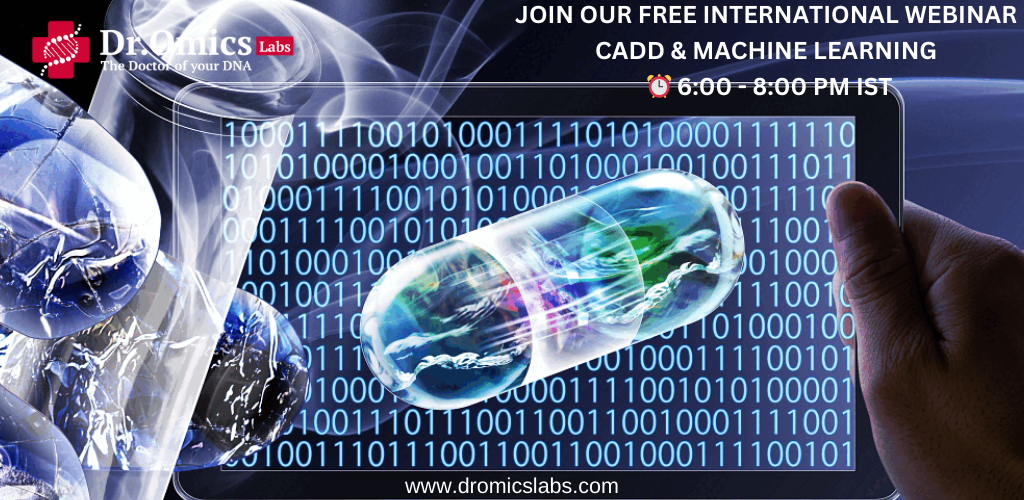Introduction
Bioinformatics, the field that combines biology, computer science, and statistics, has seen significant advancements with the integration of Artificial Intelligence (AI) and Machine Learning (ML) techniques. AI and ML are revolutionizing the way we analyze vast amounts of biological data, leading to new discoveries and insights in genomics, proteomics, drug development, and personalized medicine. In this blog, we will explore the profound impact of AI and ML on bioinformatics and its potential for future advancements.
AI and ML in Bioinformatics
AI refers to the simulation of human intelligence in machines, while ML involves the development of algorithms that allow machines to learn from data and improve performance over time. When applied to bioinformatics, AI and ML techniques can handle complex biological datasets, identify patterns, and make predictions with remarkable accuracy.
Enhancing Data Analysis
Biological research generates massive amounts of data, such as DNA sequences, protein structures, and gene expression profiles. Analyzing this data manually is time-consuming and prone to human errors. AI and ML algorithms can process large datasets efficiently, identify hidden patterns and correlations, and extract meaningful insights.
Improving Genome Sequencing
Genome sequencing is a fundamental tool in bioinformatics but can be challenging due to repetitive DNA sequences and sequencing errors. AI and ML techniques contribute to improving the accuracy and efficiency of genome sequencing. They can identify and correct errors in the sequencing data, aid in de novo assembly, and detect structural variations within the genome.
Drug Discovery and Precision Medicine
AI and ML are revolutionizing drug discovery by analyzing massive molecular databases, predicting drug-target interactions, and identifying potential drug candidates with higher success rates. These techniques enable the discovery of new therapeutic targets and the design of personalized treatment strategies based on individual genetic profiles.
Predicting Protein Structure and Function
Understanding the structure and function of proteins is crucial for drug design and biological research. AI and ML techniques, such as deep learning, have shown remarkable success in predicting protein structures from amino acid sequences. This advancement accelerates the process of drug discovery and helps in understanding protein functions, such as enzyme catalysis and protein-protein interactions.
Challenges and Future Directions
Although AI and ML have made significant contributions to bioinformatics, there are challenges that need to be addressed. One major challenge is the collection and annotation of high-quality training data. Another challenge is the interpretability of AI and ML models in the context of biological systems. Researchers are actively working on techniques to address these challenges and make AI and ML more transparent and interpretable.
In the future, we can expect further integration of AI and ML in bioinformatics. For instance, AI-powered algorithms may aid in predicting disease outcomes, guiding clinical decisions, and identifying potential biomarkers for early disease detection. Additionally, the combination of AI and ML with other emerging technologies, such as single-cell sequencing and nanopore sequencing, will unlock new frontiers in understanding the complexities of the genome.
Conclusion
Artificial Intelligence and Machine Learning have transformed the field of bioinformatics, enabling the analysis of vast biological datasets and driving insights into genomics, drug discovery, and precision medicine. These powerful technologies have accelerated the pace of research and opened up new possibilities for understanding and manipulating biological systems. As AI and ML continue to evolve, bioinformatics will witness even greater advancements in the quest for improving human health and unraveling the complexities of life itself.




